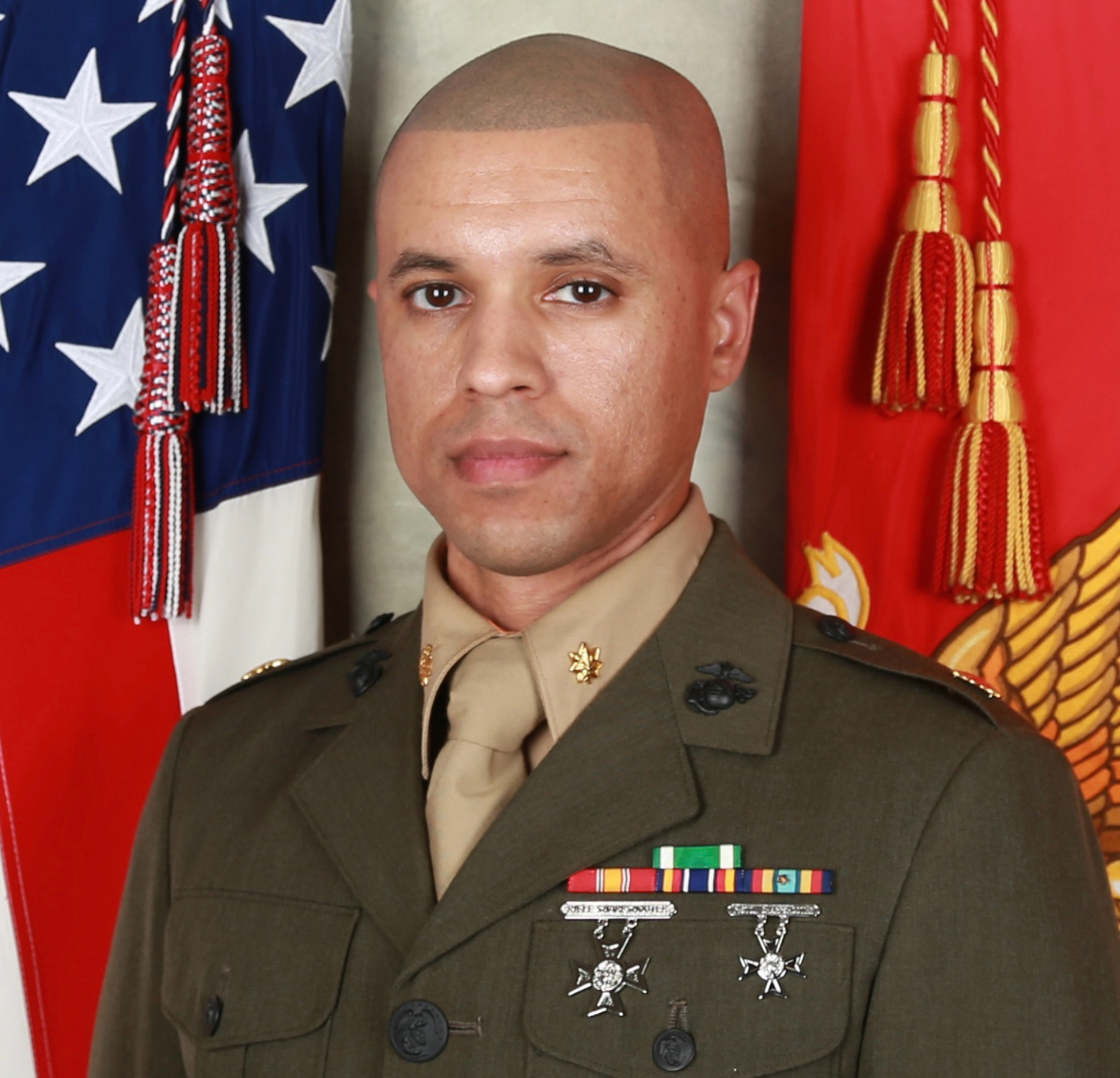
Justin Broussard
"I like to think about those who came before us, paved the way for us. That's what drives me to a life of public service. "
I was inspired to join the military by family members who served in the Air Force and Army, and President Kennedy’s call to ask what we can do for our country.
I grew up in Lafayette, Louisiana and went to college at the University of Louisiana where I studied political science. After college, I joined the Marine Corps, and that’s what put me on the path that I am on today. When I became an officer in 2015, I was fortunate enough to receive my requested occupational specialty, which was manpower officer. This role deals with a lot of HR functions, and propelled my career forward in HR related functions within the military.
We’re in a prime position to attract new talent, bring in new perspectives within the government.
Looking at where we are right now with public service, I feel like there’s a lot of opportunities. Given the age group in the current workforce right now, we’re going to experience a lot of vacancies and open positions as people retire. I’m optimistic, I feel like we’re going to get a fresh new drive to get younger people in the workforce and attract more talent.
I feel like the current hiring environment is tough, but that’s just going to cause us to reexamine and create a reawakening. Like, hey, that’s your call to get involved. If you don't like the current state of your government, then let's do something about it. And I think that's going to create a new wave of younger workers and new perspectives.
Being in an HR role, I’m in a good position to help with bringing in that talent, by working on recruiting and staffing. Right now, I can see a shift in the way we’re approaching leadership in the military, for instance. I think this generation is calling for more empathy within the workforce. We're seeing it in the military, and I think it's going to translate into other sectors within public service. As a millennial, I see myself in the middle of the older and younger generations, able to hear both sides and create a path forward.
A year ago, I published my first book, based on my HR experiences. The book is called “Lead With Courage: Seven Strategies to Elevate Our Federal Workforce.” It’s a quick reference guide to improving our federal workforce, something I didn’t see already out there, related to HR roles in the federal government. I figured I have a masters in HR, and I wanted to give back in some way. To take all this learning and experience and help the next generation, give them something of a compass.
Now, what’s cool is I feel like I’m at the pinnacle of my career, overseeing over 500 HR-related professionals within the military.
As a company commander, my day-to-day role focuses on leadership, unit cohesion, morale. My job is to inspire them. Create events, plan the agenda for coming months, figure out things that will motivate them, and build cohesion for the unit. I started this role in July this year.
I’m really trying to influence Marines to stay, showing them that they can pursue what they want to do. That the military can give them a path forward in terms of education and employment down the road. Using different recruiting strategies to keep the Marines that we have currently in the force right now.
Public service is a rewarding career.
You're not just serving within that particular sector of government, but in many ways you're having a direct impact on the American citizens as well, even if they don't realize it. I like to think about those who came before us, paved the way for us. That's what drives me to a life of public service.
If I could give my younger self a piece of advice, it would be: Don’t be afraid to try new things and ask questions along the way.
Don’t be afraid to ask questions. Don’t be afraid to put yourself in positions where you’re going to fail. Don’t be afraid of failure. I would tell myself, hey just go for it, be an officer.







